What Happens When You Cut Out Added Sugar?


What Is ‘Added Sugar’?
Sugar is naturally in lots of foods like fruit, vegetables, milk, cheese, and even grains. But manufacturers also add different forms of sugar and syrup to processed and prepackaged foods like ice cream, cookies, candy, and soda, as well as to less obvious products like ketchup, spaghetti sauce, yogurt, bread, and salad dressing.
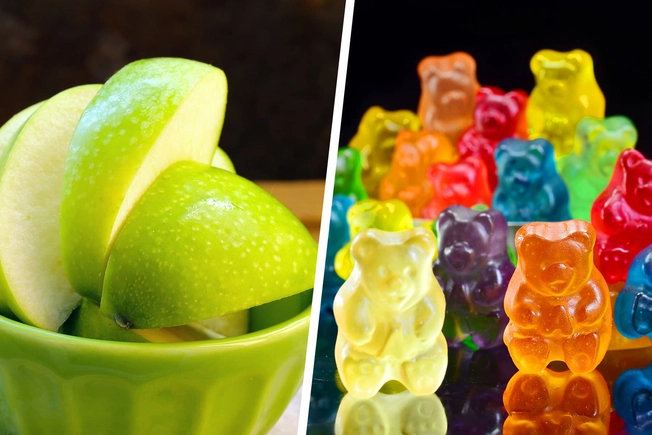
‘Natural’ vs ‘Added’ Sugars
Natural sugars are in whole foods. An apple, for example, can have around 20 grams. But it also has vitamins, minerals, and other nutrients to nourish your body. An apple’s fiber can satisfy your hunger and make your body absorb the sugar from the fruit more slowly. Added sugars are extra calories with no extra nutrition. They’re “empty calories” that can lead to weight gain and other health problems.
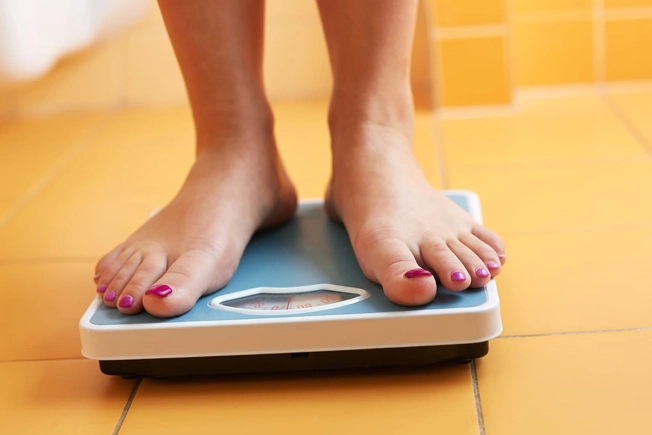
Healthier Weight
Too many calories, no matter where they’re from, will cause weight gain. But lots of added sugar in your diet could make you more likely to eat too much over the course of the day. Replace some of those empty calories with whole foods and you’ll feel fuller sooner and be less likely to overeat.

Lower Triglycerides
If your body weight is higher than it should be, you’re more likely to have high cholesterol numbers, including triglycerides, a type of fat in your blood. Cut added sugar and you could lower calories and body weight, which could improve your cholesterol. But it’s not just the weight loss. Even at the same weight as others, people who got less than 20% of their calories from added sugars tended to have lower triglycerides.

Lower Heart Disease Risk
High triglycerides raise your risk of heart disease. Less added sugar can lower those levels and may help stop weight gain and fat buildup linked to heart disease. If you get more than 20% of your calories from added sugar -- even if you’re at a healthy weight -- you may be able to lower your heart disease risk when you cut back.
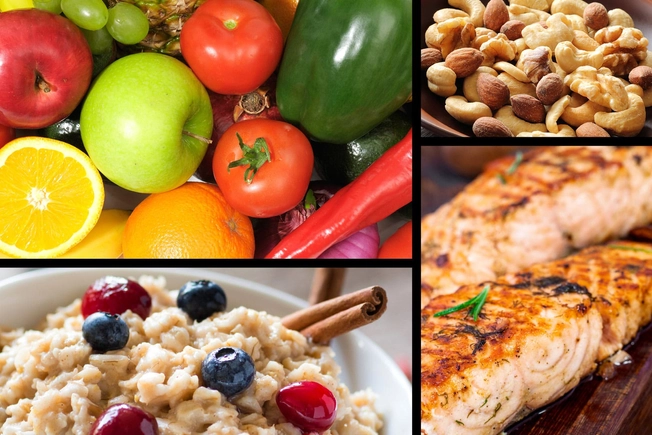
Better Nutrition
Even if your weight is already healthy, cutting added sugars can mean better nutrition, especially if you make it a point to replace those calories with whole foods like fruits, vegetables, nuts, fish, and whole grains. These foods have more of the nutrients your body needs to repair and protect itself. And because they have fiber that helps your body absorb sugars more slowly, your blood glucose levels will be more stable.

Healthier Teeth
Sugars are the primary food source for the bacteria that grow in your mouth and cause tooth decay. That can lead to cavities and more serious infections. It may be worse if you don’t brush and floss every day. Cutting back on sugars, especially added sugars in drinks like soda or punch, could help slow or stop the decay.
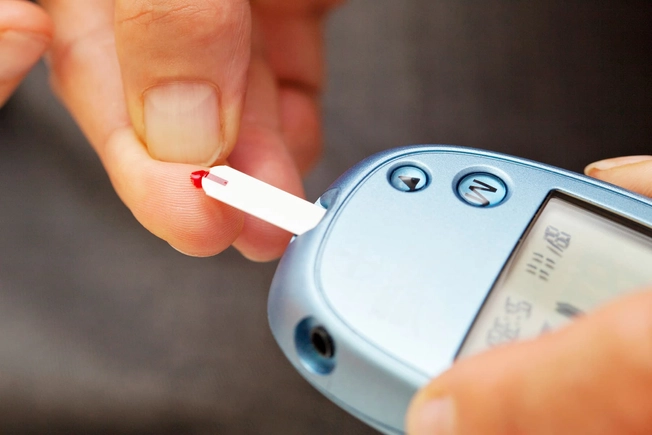
Lower Odds of Disease
People who have more added sugar in their diets are more likely to have diabetes, heart disease, high blood pressure, liver disease, and other serious illnesses. You may be able to cut your risk for those conditions if you eat less of it. But it’s not yet clear whether the problem is added sugar itself or just the extra calories. Scientists are still trying to answer that question.
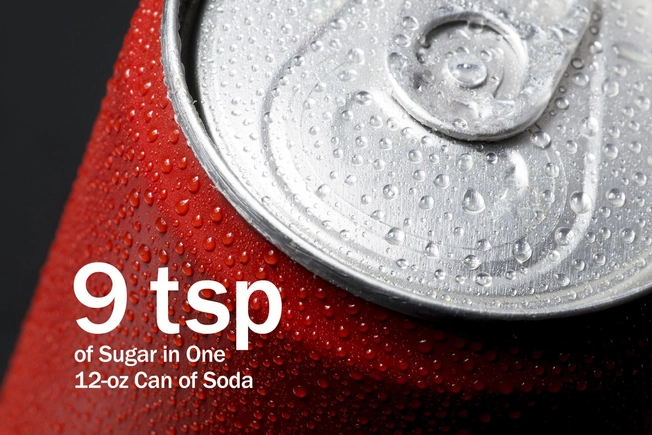
How Much Is Too Much?
Added sugars should make up less than 10% of a healthy daily diet. That’s about 11 teaspoons if you eat 1,800 calories a day. Some experts recommend even less than that: 9 teaspoons (38 grams) per day for men, and 6 teaspoons (25 grams) for women. A single 12-ounce can of soda has 39 grams (about 9 teaspoons) of sugar, close to a day’s worth by any measure.

The Many Names of Added Sugar
It’s in about three-quarters of all prepackaged foods at the grocery store and has more than 50 names, so it can be hard to keep up. Some of the more common ones are corn syrup, high-fructose corn syrup, raw sugar, cane sugar, evaporated cane juice, dextrose, agave, brown rice syrup, coconut palm sugar, barley malt syrup, and more. Look for a list of names from a reputable source if you want to be sure of what you’re buying.
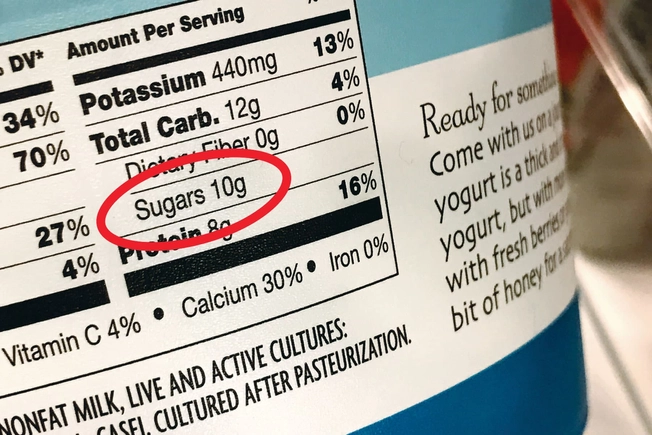
How to Measure Added Sugars
Sugars are listed under the “Total Carbohydrates” heading on nutrition labels. Until recently, you might have had to guess if those were added sugars. But the FDA now requires labels to list exactly how much of that sugar is added. Total calorie count is also important to good health. Too many calories are bad for you whether from sugar or anywhere else.

How to Cut Added Sugars
One sure way is to skip prepackaged foods in favor of whole foods like fresh fruits, vegetables, seeds, and nuts. And when you buy ready-made foods, read nutrition labels. If you know how much sugar is in a product, you can limit how much you eat. And drink water instead of sodas and sports drinks. The added sugar in these beverages is even worse than many solid food sources in terms of nutrition and hunger satisfaction.
